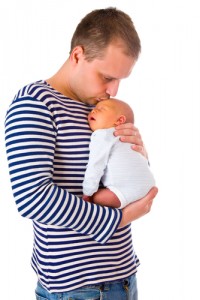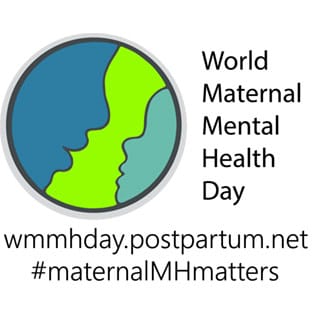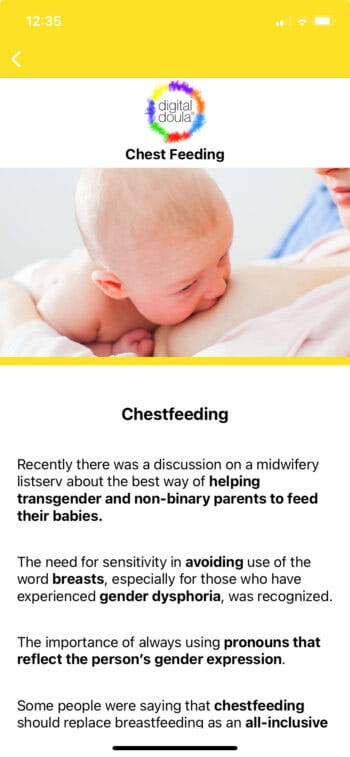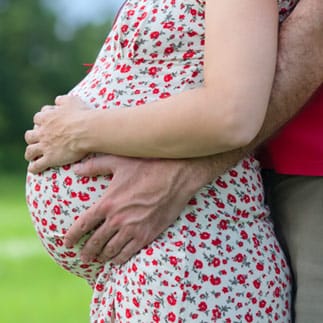Here’s a little nugget that I found in my upcoming book during the editing process. I thought it was important to share with fathers in the childbearing year.
Fathers and Hormones*
© Diane S Speier, PhD
One of the most exciting developments in the last decade is the discovery that fathers go through natural hormonal changes, along with their pregnant partners, that shape them into devoted dads. We know that when the father is cohabiting with his mate, his oxytocin levels rise toward the end of her pregnancy. After the birth, when the father spends significant amounts of time in contact with his baby, oxytocin helps to keep him engaged in the ongoing care of his infant. Nature provides fathers with the biological incentive to remain a dedicated and satisfied part of the family through his involvement with his baby. Oxytocin also increases his interest in being physically close with the mother, and not in a sexual way. Are the same things true for same-sex partners? I wonder.
Vasopressin, the hormone that controls blood pressure and fluid balance in the body, is active in the bonding process for mother and baby, with a larger role to play in the father. This hormone reorganizes the brain for paternal behaviors when he is living with his pregnant partner, causing him to feel more dedicated to her. Vasopressin is released in response to closeness and touch (thanks to its association with oxytocin!), which promotes bonding with the mother and with his baby, and inspires his desire to be part of this family. Called the ‘monogamy’ hormone, it has a tempering effect on his sexual drive, so useful when sex goes on to the back burner in the postnatal period! Reinforcing the promotion of protective instincts for his mate and child, vasopressin also reduces aggression, making him more rational, and prompts his paternal role for providing stability and vigilance.
I described above how fathers also experience prolactin increases that rise 20% in the last weeks of the mother’s pregnancy, but are mainly a result of his regular handling of the baby for several days after birth. Prolactin surges are related to stress levels, and fathers release prolactin in reaction to intruder threats; though it is generally considered a stress hormone in nonparents and children, in fathers it serves as a parenting hormone that fosters paternal behaviors. Elevated levels of prolactin also reduce testosterone levels, moderating the libido, one of nature’s designs for the benefit of the baby, increasing the space between children so the baby receives the attention and energy that it needs. In one study where men[1] (before they became fathers) were asked to hold a doll wrapped in a receiving blanket that had been worn by a newborn within the previous 24 hours, they listened to a baby crying for about six minutes and watched a video of a baby struggling to breastfeed. The blood samples that were drawn before the test and 30 minutes after found that the men who expressed the strongest desire to comfort the crying baby had the highest prolactin levels and the greatest reduction in testosterone. Testosterone levels plunged for men who held on to the doll for the full half hour. A common phenomena with expectant fathers are pregnancy related symptoms (called couvade), and men who experienced more symptoms had higher levels of prolactin and a greater reduction in testosterone, after exposure to a simulated experience of being with a baby, as above. The evidence of hormonal changes in fathers-to-be explains that it is not just empathy that causes men to feel their partner’s pain, but physiological signals exchanged between partners during close contact.
The father’s hormonal changes closely parallel those of his pregnant partner, and estrogen also increases in fathers in small amounts, in resonance with the elevated levels in his pregnant partner. One study, cited in Abrams (2002), showed the increase started a month before birth and continued for another twelve weeks after birth. Analogous to the mother’s cortisol increases prior to birth, expectant fathers experience a doubling in cortisol in the three weeks before birth. Research has demonstrated that “while cortisol is seen as the ‘fight or flight’ hormone, it might more accurately be described as the ‘heads-up-eyes-forward-something-really-important-is-happening’ hormone. It may help prepare parents for approaching birth…indeed, a cumulative rise in stress-hormone levels sets off labor and delivery” (Abrams, 2002, p.2). These hormonal changes are a function of the couple’s intimacy as the father is picking up biochemical signals of approaching birth from the mother’s body. This intimate contact and communication between partners is another way that fathers are encouraged to nurture their children.
The testosterone levels in fathers drop about 33% in the first three weeks after birth, and return to normal when the babies are between four and seven weeks old. It is believed this dip encourages the nurturing side of men to come forward, and activates a more cooperative and less competitive parenting experience that facilitates the bonding process. Recent social trends indicate fathers are now providing three-fourths of the child care that mothers give, which is significantly higher than the 50% of thirty years ago. The number of children being raised by primary care fathers in the US is around two million. Fathers’ presence makes a significant impact on the development of their children, and children with involved fathers are better able to regulate their own emotions. His love and attention is the greatest gift he can give his children. All these hormonal changes show how men are biologically prepared for fatherhood. And one day there could be evidence that demonstrates that similar changes happen for same sex partners too.
*This chapter talks about the effect of hormones on the father based on recent research. I have not come across research that says whether the same thing would happen for a same-sex partner, but we cannot preclude that happening.
[1] Abrams, Douglas Carlton, Father Nature: the Making of a Modern Dad, Psychology Today, 00333107, Mar/Apr2002, Vol. 35, Issue 2.

I hope you have enjoyed this post. Use the search bar below to find other interesting content on this site.
Post Categories








